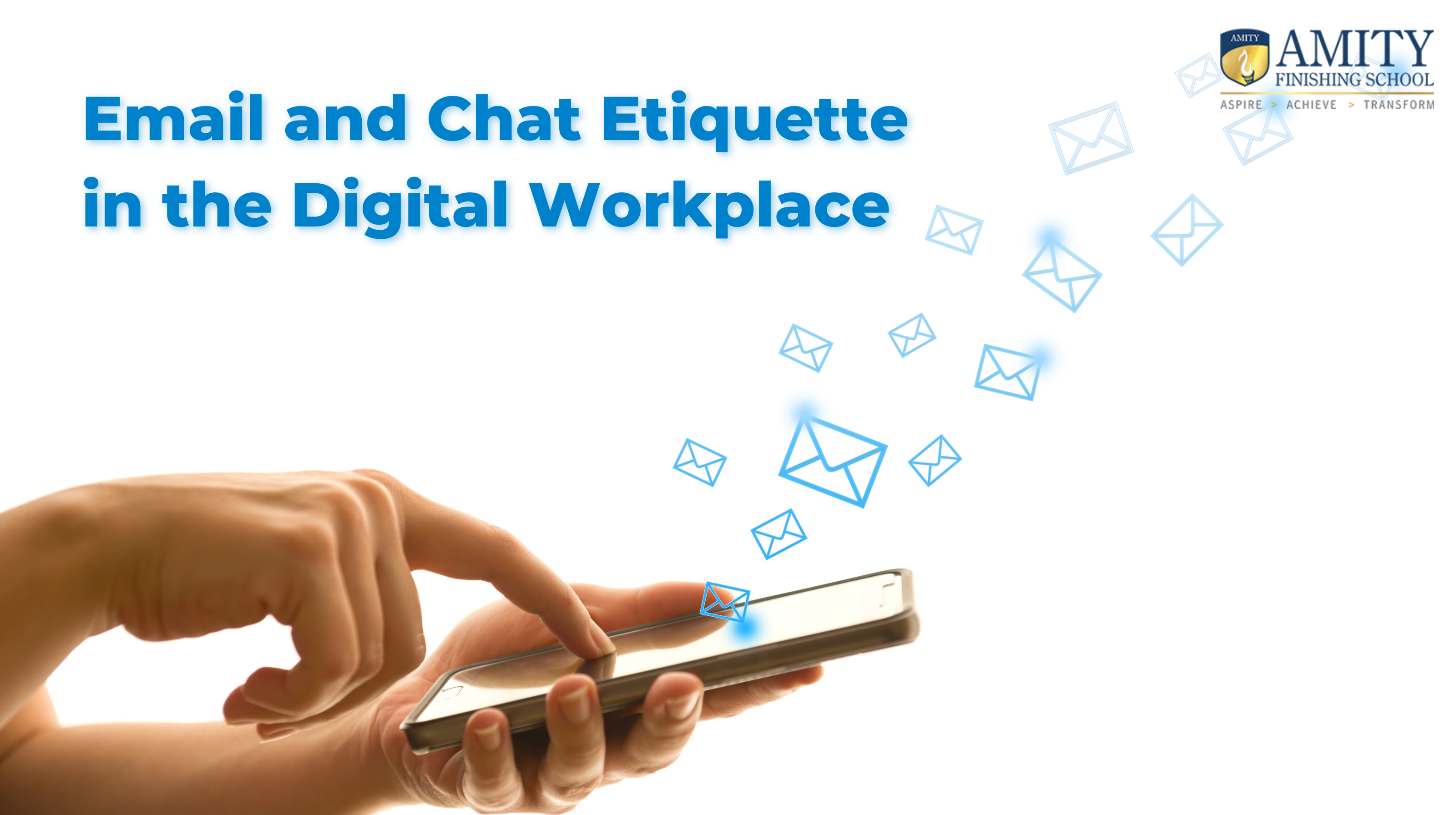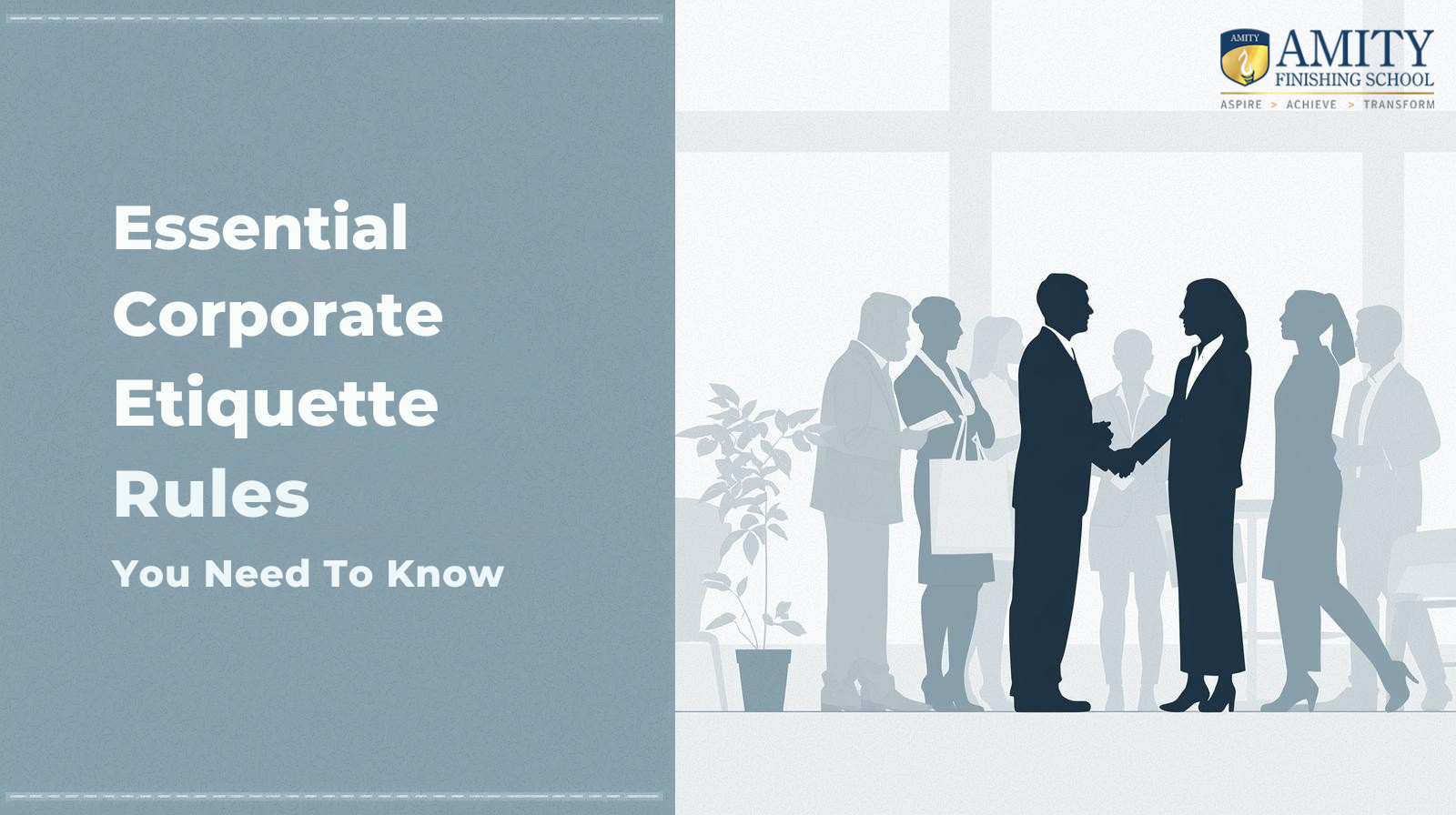In a world where technology evolves every few months, one thing that remains constant is that companies hire people, not just skill sets. Whether you’re applying for your first internship or aiming for a leadership role, recruiters today want candidates who can communicate well, adapt quickly, and work seamlessly in diverse teams. Especially in the ever-changing hybrid-model work environment, organisations are shifting focus from “What can you do?” to “How do you work?” The soft skills are no longer an optional requirement; rather, they influence the hiring decision.
Why do soft skills matter?
As workplaces become more hybrid, fast-paced, and digitally connected, technical expertise alone is no longer enough to succeed. Soft skills matter in recruitment because they predict a candidate's ability to integrate with the company culture, work effectively in a team, and adapt to a changing work environment, ultimately leading to better performance, higher retention, a more positive workplace, with better coordination across teams and time zones.
Soft skills prioritised by the recruiters
- Communication Skills
Strong communication is the foundation of every professional interaction. Recruiters look for candidates who can express themselves clearly, listen actively, and communicate with confidence across all platforms, whether it’s presenting an idea, writing emails, or collaborating in meetings.
Tip: Before you speak, pause and structure your thoughts using the simple “What–Why–How” format.
- Emotional Intelligence (EQ)
The ability to understand and manage your emotions and respond empathetically to others. This soft skill helps professionals handle pressure, build strong workplace relationships and resolve conflicts. Recruiters value EQ, as it impacts teamwork and leadership directly.
Tip: Practice active listening, don’t focus on planning your response, but on what the speaker is saying.
- Adaptability
Change is the only constant in today’s workplace. Professionals who showcase agility adjust quickly to new tools, roles, expectations, and challenges. Recruiters value adaptability, as it shows resilience and a willingness to learn.
Tip: Challenge yourself to learn a new skill or tool every month
- Problem solving
Companies look for individuals who can analyse situations, identify issues, think logically and offer solutions. Critical thinkers ask the right questions, evaluate alternatives and make appropriate decisions.
Tip: Use the Problem-Cause-Solution for a clearer and quicker analysis.
- Teamwork
Even if you are in an individual role, teamwork is a highly valued skill, considering that hybrid and multicultural teams are becoming the norm. The ability to work with others, support a team and respect diverse viewpoints towards a collaborative success is a skill prioritised by recruiters.
Tip: Volunteer to work on a group project to strengthen collaborative habits.
- Professional Etiquette
The way you behave, speak, dress, and carry yourself reflects your professionalism. Executive Presence builds trust, while Business Etiquette ensures respectful, polished interactions. Recruiters prefer individuals who represent the organisation well.
Tip: Maintain a confident posture and eye contact.
- Time management
In the high-paced work environment, it is required to multitask and to achieve more in less time. The ability to prioritise tasks, organise accordingly and meet deadlines is crucial. Employers hire people who have good time management skills, as they would be more productive and efficient and would have a better overall performance.
- Leadership
Leadership is not about having a title or managing a team, but about taking initiative, ownership and making decisions. People who take responsibility, step up when needed and inspire others are always preferred by recruiters.
Tip: Start with smaller leadership opportunities, like guiding a group task or coordinating a meeting.
- Personal branding
How you present yourself becomes your personal brand. Communication, appearance, values, conduct, digital presence, all of these factors affect your personal brand. A strong personal brand demonstrates credibility and professionalism, enhancing your visibility to recruiters.
Tip: Work on your overall image and keep your LinkedIn profile updated with achievements, skills and certifications.
- Networking skills
Networking creates pathways to opportunities, mentorships, and collaborations. Recruiters appreciate candidates who foster relationships, as they enhance a connected, resourceful, and growth-focused workplace culture.
Tip: Attend professional events to expand your network.
How soft skills influence career growth
Soft skills are crucial in determining a professional's long-term career path. They affect how well a person leads, collaborates, communicates, and represents the organisation. Employees with strong soft skills are more visible and advance their careers more quickly because they can establish meaningful professional relationships, manage tasks with confidence, and build trust.
Candidates with strong communication, leadership, business etiquette, and networking skills stand out in interviews and in day-to-day interactions in a competitive environment. Professionals with these skills are more flexible, dependable, and promotable, which eventually leads to long-term success and progress.
Common mistakes candidates make
Many candidates still focus heavily on technical skills while overlooking essential soft skills such as communication, teamwork, and Professional Etiquette. Some people exhibit poor digital etiquette, such as unclear emails, unprofessional messages, or weak virtual presence. These impact the first impression. Some individuals limit their personal brand by not expressing their strengths confidently. Avoiding these simple mistakes can significantly improve how candidates are perceived by recruiters.
In a rapidly evolving workplace, soft skills have become the key differentiators that shape how individuals communicate, collaborate, and lead. Strengthening these skills not only improves employability but also supports long-term Career Advancement.
At Amity Finishing School, our training emphasises Communication Skills, Business Etiquette, Leadership Skills, and Personal Branding to help learners build the confidence and executive presence needed to stand out. By developing these essential capabilities, professionals are better prepared to succeed and thrive in any environment.









